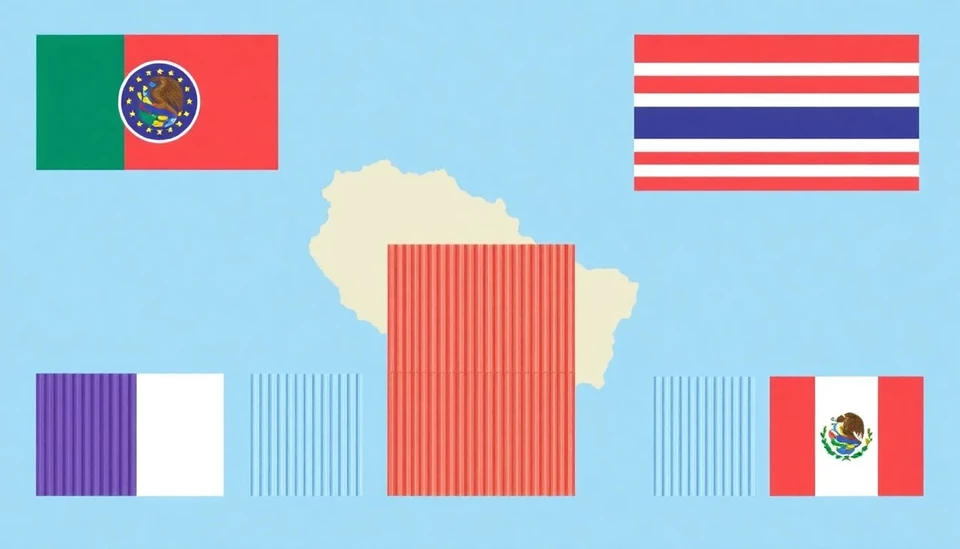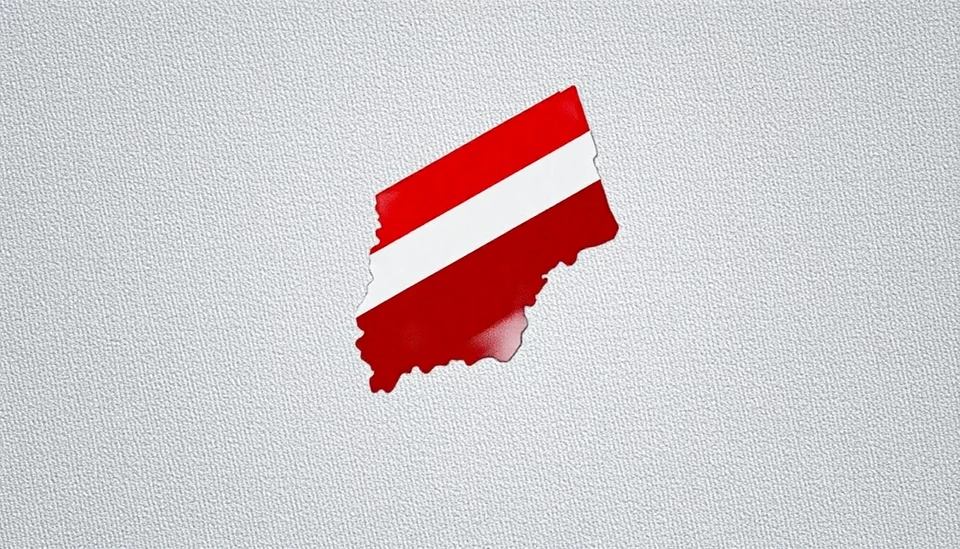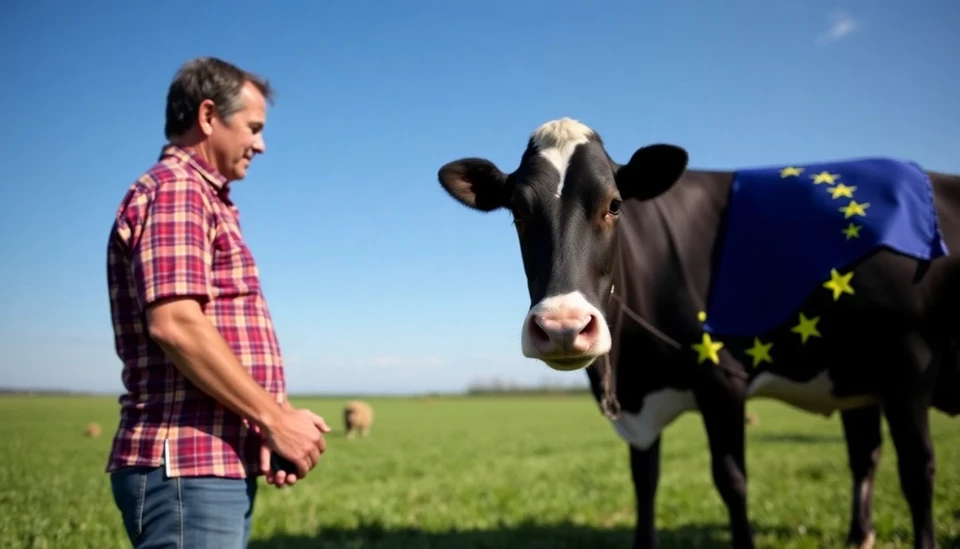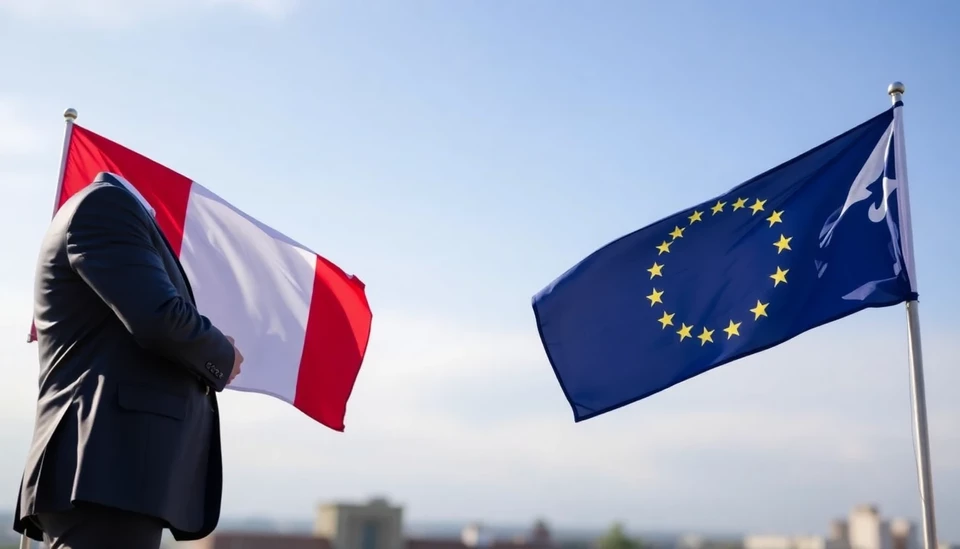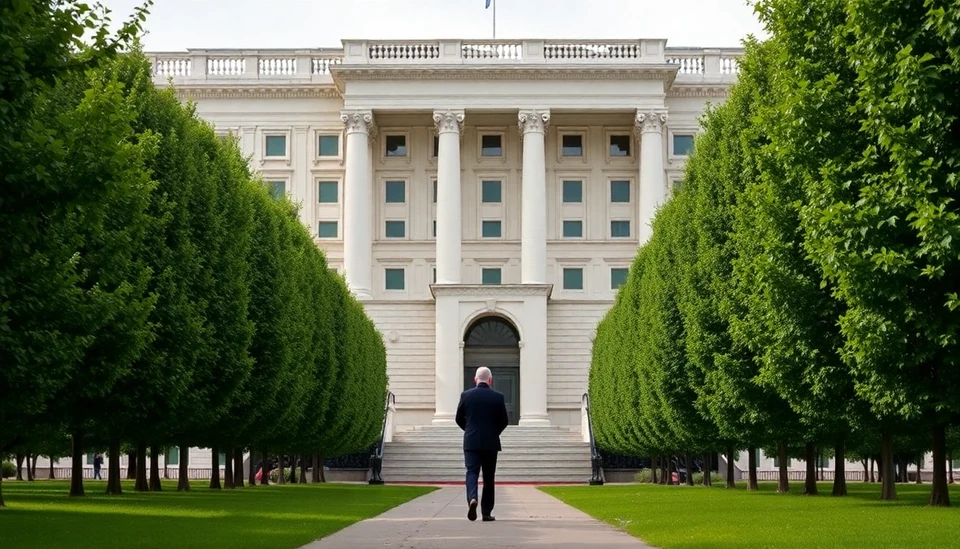
In a strategic move within the European Union, France is actively seeking Poland's cooperation to obstruct the controversial trade deal with the Mercosur bloc, which includes Argentina, Brazil, Paraguay, and Uruguay. The negotiations have been fraught with tensions, primarily due to environmental concerns and the implications such a deal could have on European agricultural standards.
The Mercosur trade agreement aims to create one of the largest economic partnerships in the world, but it has faced substantial scrutiny from various EU member states, particularly those with strong agricultural sectors. France, which prides itself on its agricultural heritage, has expressed fears that an influx of cheaper agricultural products from South America could threaten the livelihoods of French farmers.
French officials are particularly alarmed about the possibility of increased imports of beef and soy, which could undermine EU environmental regulations and the strict standards that European farmers must adhere to. Additionally, there are growing concerns about deforestation in the Amazon rainforest, which critics argue is exacerbated by agricultural expansion in Brazil and other Mercosur countries.
As part of its initiative, France is engaging in diplomatic efforts to rally support from Poland, a country that shares similar agricultural interests and concerns. Polish officials have previously expressed reservations about the Mercosur deal, highlighting the potential negative impact on their own agricultural sectors. By uniting their voices, France and Poland hope to amplify their concerns within the EU and potentially derail the agreement.
The initiative comes at a time when EU member states are increasingly divided over the future of international trade agreements. While some members advocate for open borders and trade liberalization, others are pushing back against deals that they perceive as endangering local industries and environmental standards.
France's push to partner with Poland may reflect a broader trend of protectionism rising in Europe as countries reevaluate their positions on global trade amidst changing economic landscapes and growing populist sentiments. The French government has called on the European Commission to take a firmer stance in negotiations, urging officials to prioritize environmental sustainability and social protections over economic growth through trade.
As discussions surrounding the Mercosur deal continue, the outcome will not only affect the relationship between the EU and South American nations but will also play a critical role in shaping the future of European agricultural policy and environmental regulation.
The battle around the Mercosur trade deal serves as a reminder of the complexities involved in balancing economic interests with crucial environmental considerations and the welfare of local farmers. As France intensifies its efforts to block the agreement, all eyes will be on Poland to see whether Warsaw aligns with Paris or chooses a different path forward.
#Mercosur #EUTrade #France #Poland #Agriculture #EnvironmentalConcerns #TradeDeal #Sustainability
Author: Daniel Foster

